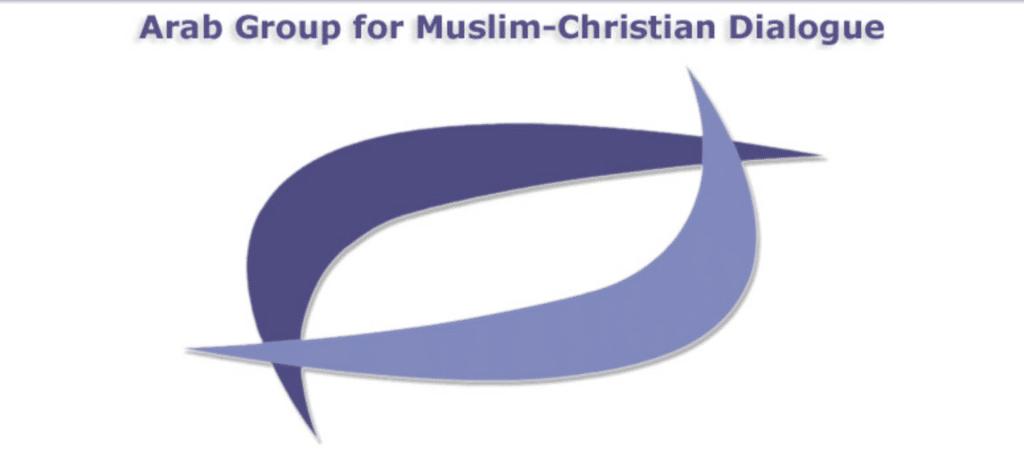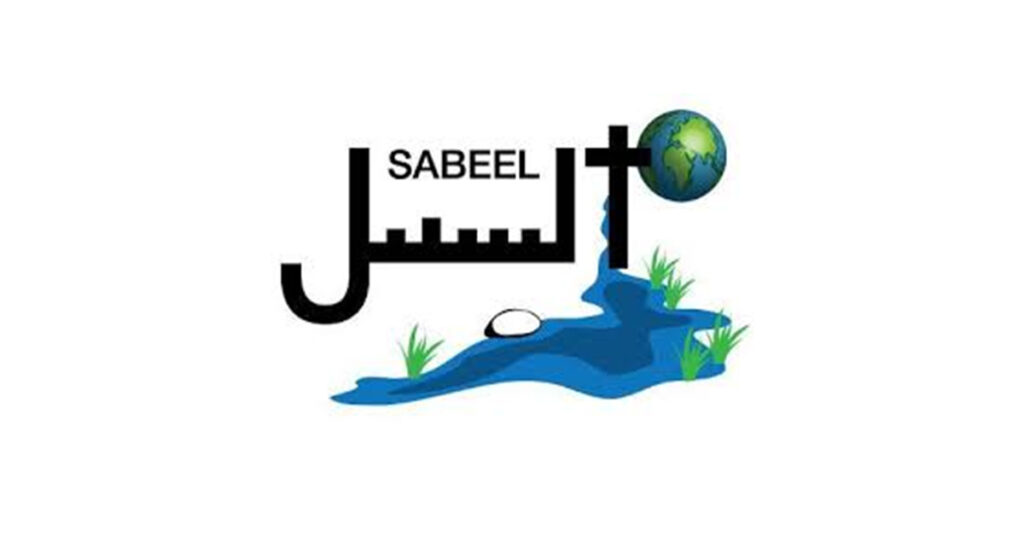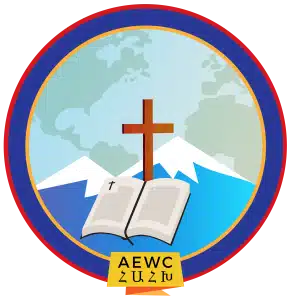Arab Group for Christian-Muslim Dialogue

The Arab Group for Christian-Muslim Dialogue was formed in 1995 as an organization of “Christians and Muslims together – a charter for a dialogue of life and common action.” Headquartered in Beirut, Lebanon, The Arab Group for Christian-Muslim is composed of Arab Muslim and Christian intellectuals, religious leaders, and people engaged in public life. Its members are from Egypt, Palestine, Syria, Lebanon, Jordan, the Sudan, and the Gulf Emirates. The group was formed from “unequivocal personal conviction” that dialogue and cooperation constitute the most effective vehicle for achieving unity and harmony between people of different faiths. Members of the group claim “no authority to represent any particular institution or organization.” Through its working history, the Arab Group for Christian-Muslim Dialogue has facilitated various programs and activities focusing on issues such as citizenship, diversity, pluralism and equity, civil society and political participation, common living and action, and the “Abrahamic heritage.” The organization’s charter (in Arabic, Mithaq), as adopted by the group, was formed in a particularly turbulent global climate that is reflected in an especially critical way in the Arab world. The Mithaq is an expression of a shared commitment to engage energetically in “working together to promote religious freedom.” The group is open and welcomes others committed to promoting the affirmations contained in the Mithaq. Insisting that religious freedom is “an intrinsic human right that is affirmed by the dictates of religions,” the charter urges that an interactive common living of Muslims and Christians must take place not only through intellectual discourse but also through “a variety of action plans aimed at standing together in the face of the challenges confronting our societies in the spheres of social, educational, moral and cultural arenas.”
The organization also voices concern over the confusion of “genuine religious commitment with deplorable fanaticism that invariably leads to extremism and violence.” It insists that “such fanatic attitudes are necessarily inconsistent with religion.” It calls for “building a culture of dialogue” and promoting the “tolerant values of faith which affirm the humanness and spirituality of the other.” Making a point of clarifying that the group views Christian-Muslim dialogue “neither as a vehicle for Islamic proselytism or for Christian evangelization, nor an attempt toward unification of the two faiths, or syncretism,” the Arab Group for Christian-Muslim Dialogue promotes mutual respect for “one another’s belief and an affirmation of the spiritual foundations for a living that is shared in common in one society.”
Support this Ministry
To make a gift for this ministry online or by check use the online donation page.
- 100% of your gift will be directed to Arab Group for Christian-Muslim Dialogue
- You will receive updates on the work in this area as they become available
- Share in the vision of God’s abundant life for all people
Related Content
Sabeel Wave of Prayer: Week of April 28, 2025
Canadian Friends of Sabeel invites the public to a special Solidarity Evening & Art Auction on...
Read MoreCMEP calls for preservation of the Armenian Christian Community while Commemorating the 110th Anniversary of the Armenian Genocide
Churches for Middle East Peace (CMEP) calls for the preservation of the Armenian Christian...
Read MoreAEWC: Commemorative Statement on the 110th Anniversary of the Armenian Genocide
The Armenian Evangelical World Council (AEWC) is a representative body of the Armenian Evangelical...
Read More


